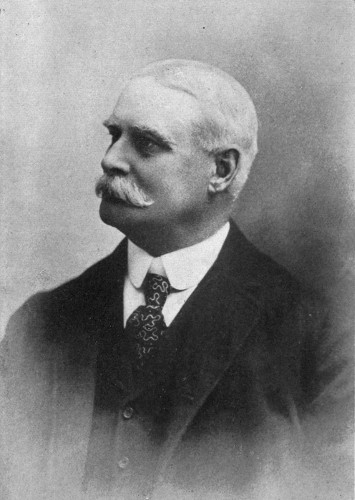At the very core of successful Internet of Things (IoT) implementation is the selection of a cloud platform. For industrial IoT solutions, the cloud platform is even more significant as it allows for the entire computational and storage functionality. With many cloud services on offer today, choosing the right one can be a difficult proposition. As enterprises across the globe begin to adopt industrial IoT solutions (IIoT), there is increasing competition between cloud services offering IIoT support functionality.
Here are five essential parameters to take care of or discuss with the cloud platform service provider before zeroing in on the right one for your enterprise’s IIoT needs.
1: Data security and disaster recovery
Since industrial IoT solutions involve interconnection of multiple devices and a real-time capture and exchange of information, data remains the top priority. Data security and data integrity are therefore the two biggest aspects of IoT that dictate the choice of the cloud platform. Regardless of how big or small the enterprise is, data security has to contend with real risks that can break the customer’s trust. At a minimum, a well-defined cloud service provider should offer unique identity-based authentication methods for every device that connects to the cloud. Usually, the more reputed the cloud service is, the higher is the chance that cloud service provider has a team of cyber security experts ready to deal with any security threat or data breach attempt.
Choose an IoT cloud platform that provides end-to-end data encryption for industrial IoT solutions while supporting various authentication methods and encryption ciphers. Another essential thing to seek with a cloud service provider is the data recovery plan in case of a security breach. Unless the cloud platform has a dedicated infrastructure to handle your data with timely backups, looking at ones adopting unique KPIs to monitor data uptime should be preferred.
2: Scalability
IIoT calls for multiple devices interconnecting with each other in real time, sharing information. All industrial IoT solutions are devised around the promise of support of increased connected endpoints. Since IIoT is still in its inception stage, not many enterprises have come to a point where large volumes of interconnected devices are connecting to the cloud at the same time. Of course, while every cloud service provider does offer high scalability or the promise of such high volume of end connections, it has never really been tested in a practical scenario. For example, if there is an increase in latency when high number of devices connects to the cloud, it can mean the cloud service provider is adopting load balancers to distribute load over servers.
3: More protocol support
Many cloud service providers make use of only a few protocols when connecting multiple devices for industrial IoT solutions. Commonly used HTTP and MQ Telemetry Transport (MQTT), which is a lightweight messaging protocol for small sensors and mobile devices, are two preferred protocols. With increasing time, the cloud should offer support for other protocols like The Advanced Message Queuing Protocol (AMQP) or Constrained Application Protocol (CoAP) for it to be a futuristic investment.
4: Ability to set up triggers
Every enterprise today has its own IT wing or works in collaboration with an IT service provider for support functionality. An ideal cloud platform should allow the IT team to put in place various trigger points as and when their data analytics reveal certain positive or negative outcomes. For example, IT engineers of an enterprise must have access in the cloud to trigger warnings to optimize system performance when certain parameters get activated as per their analytics. A cloud platform offering analytical capabilities should be a preferred choice when seeking industrial IoT solutions on the cloud.
5: Control over dashboards
Various cloud service platforms offer distinct types of user dashboards for the enterprises IoT design team. If a cloud service provider offers a “one size fits all” strategy with a common dashboard, preference must be given to the one that allows for custom built dashboards as per the data visualization needs of an enterprise and its product lines. Cloud servers offering customizable dashboards that are viewable by the appropriate user role defined users call for a perfect industrial IoT solutions partner.
Choosing a cloud platform for IIoT implementation is an essential task and must be done after due diligence. With multiple devices connecting over the cloud simultaneously security, latency, and customization on offer all play a significant role.



